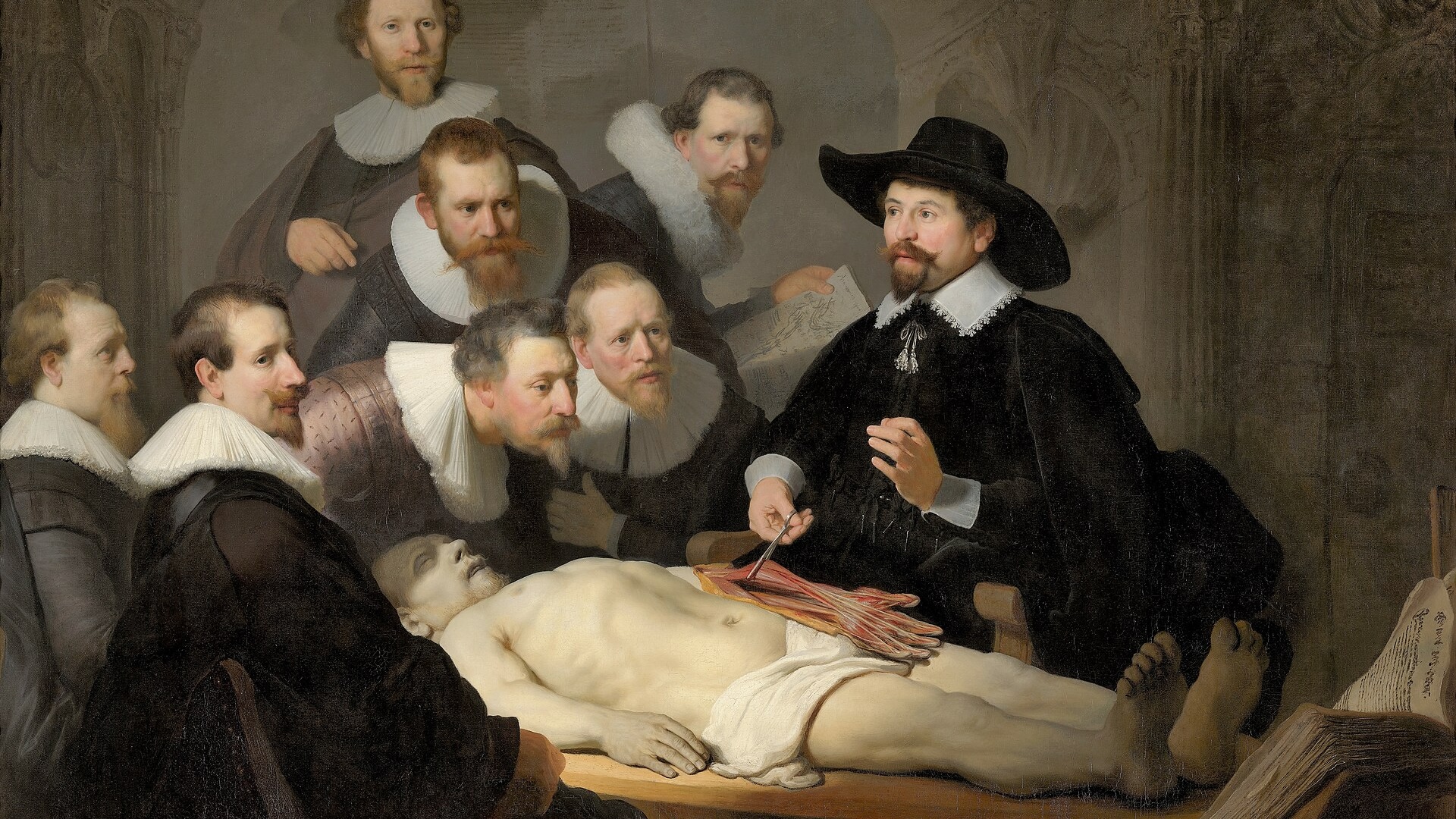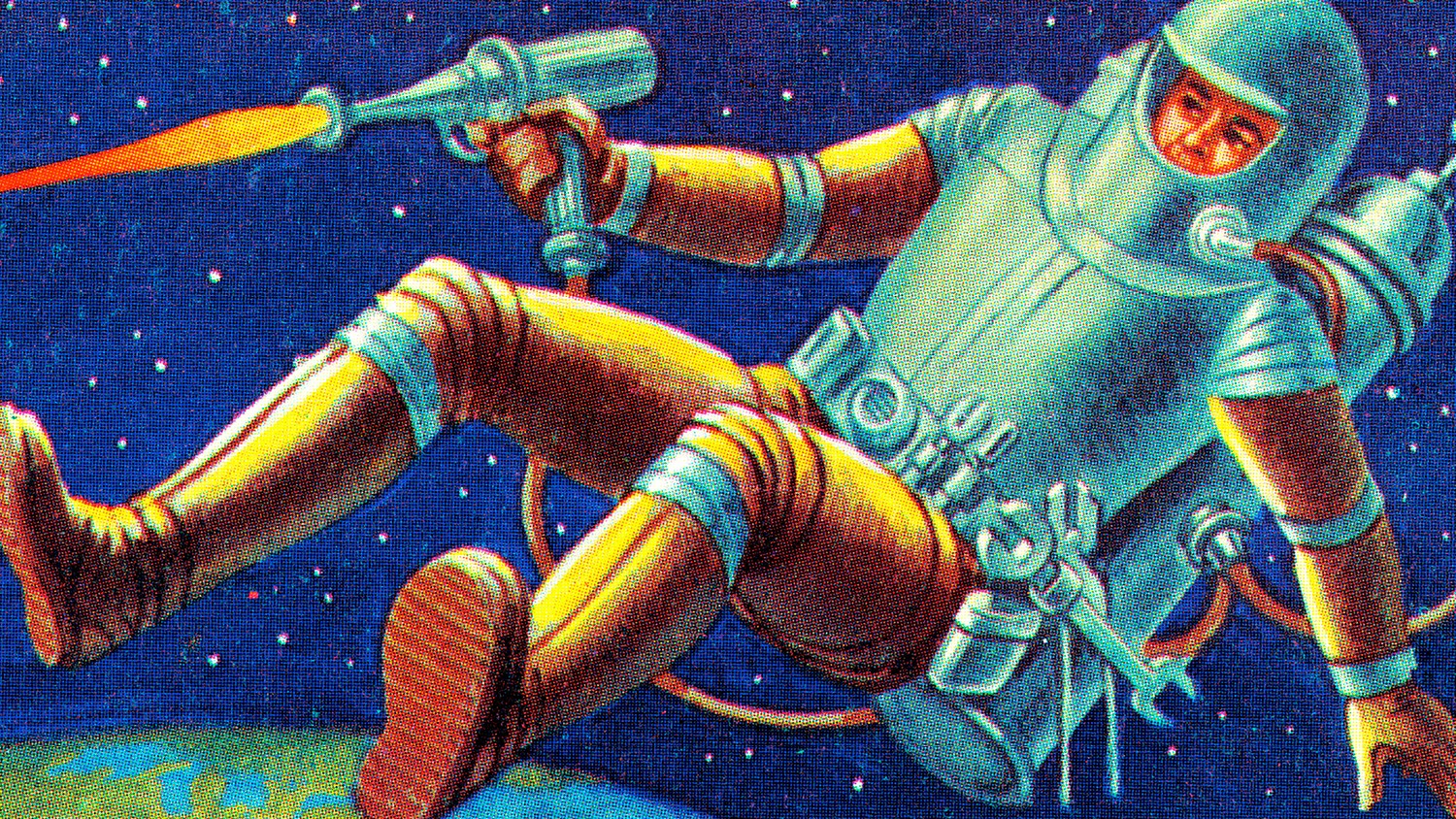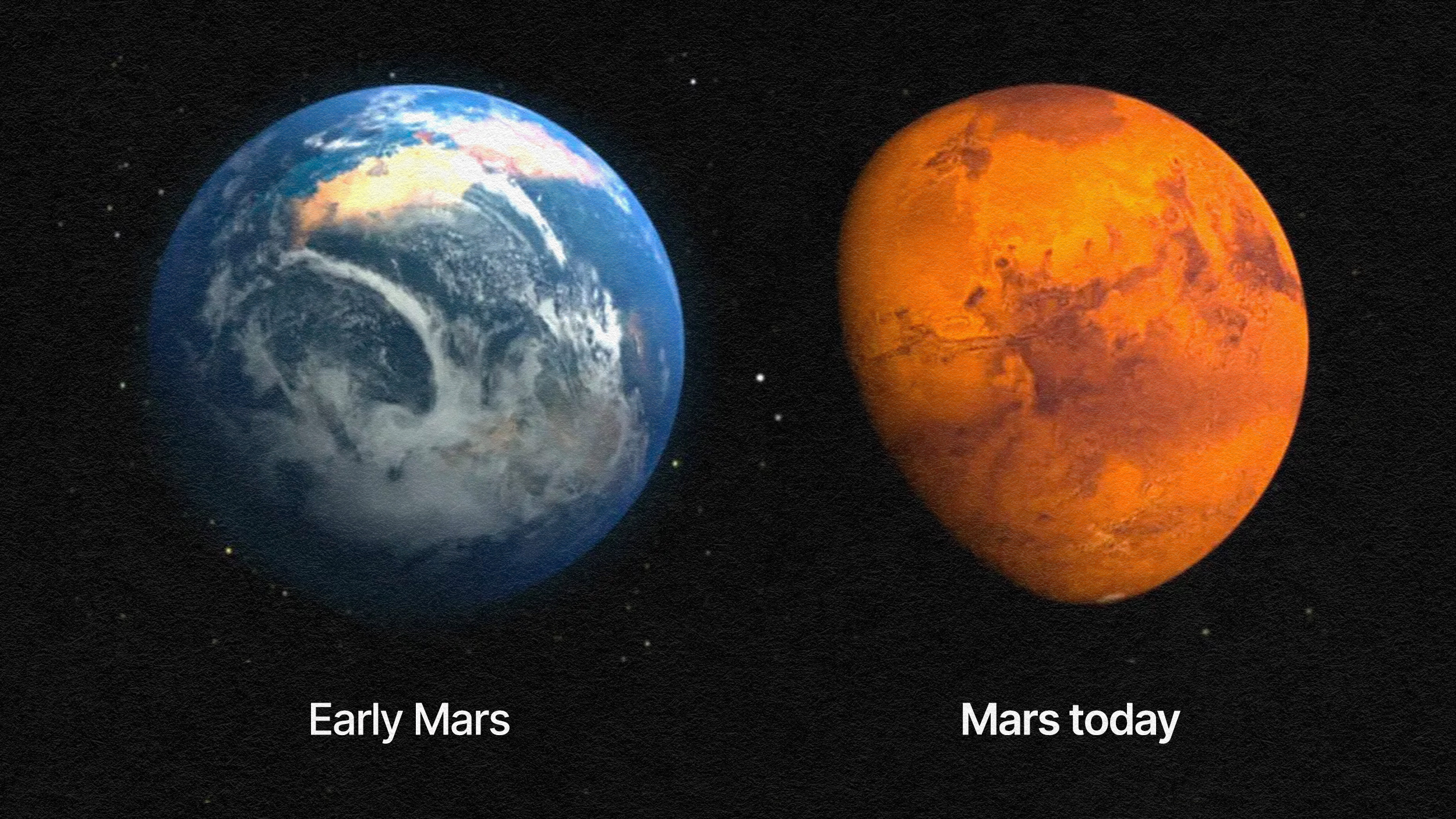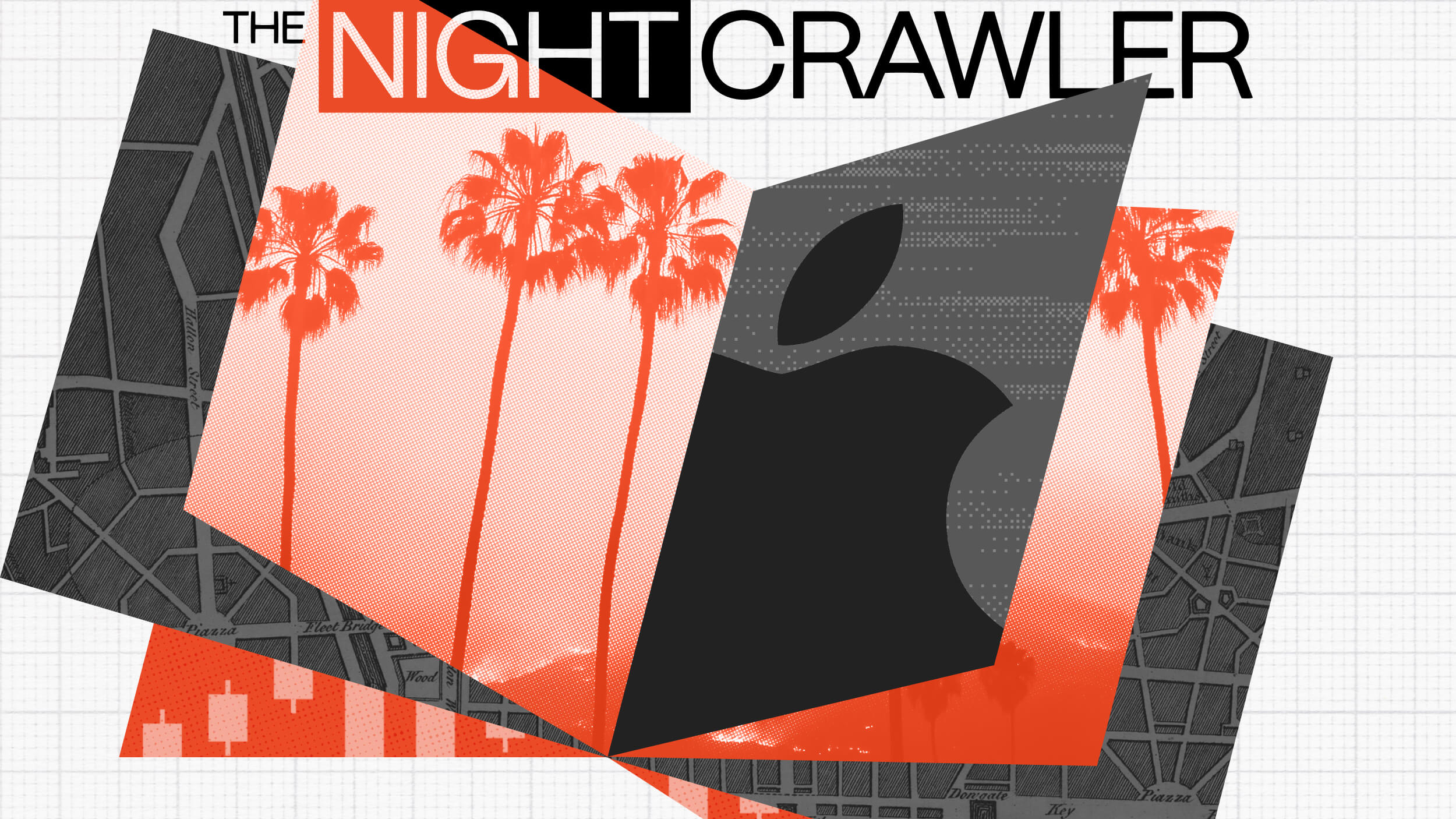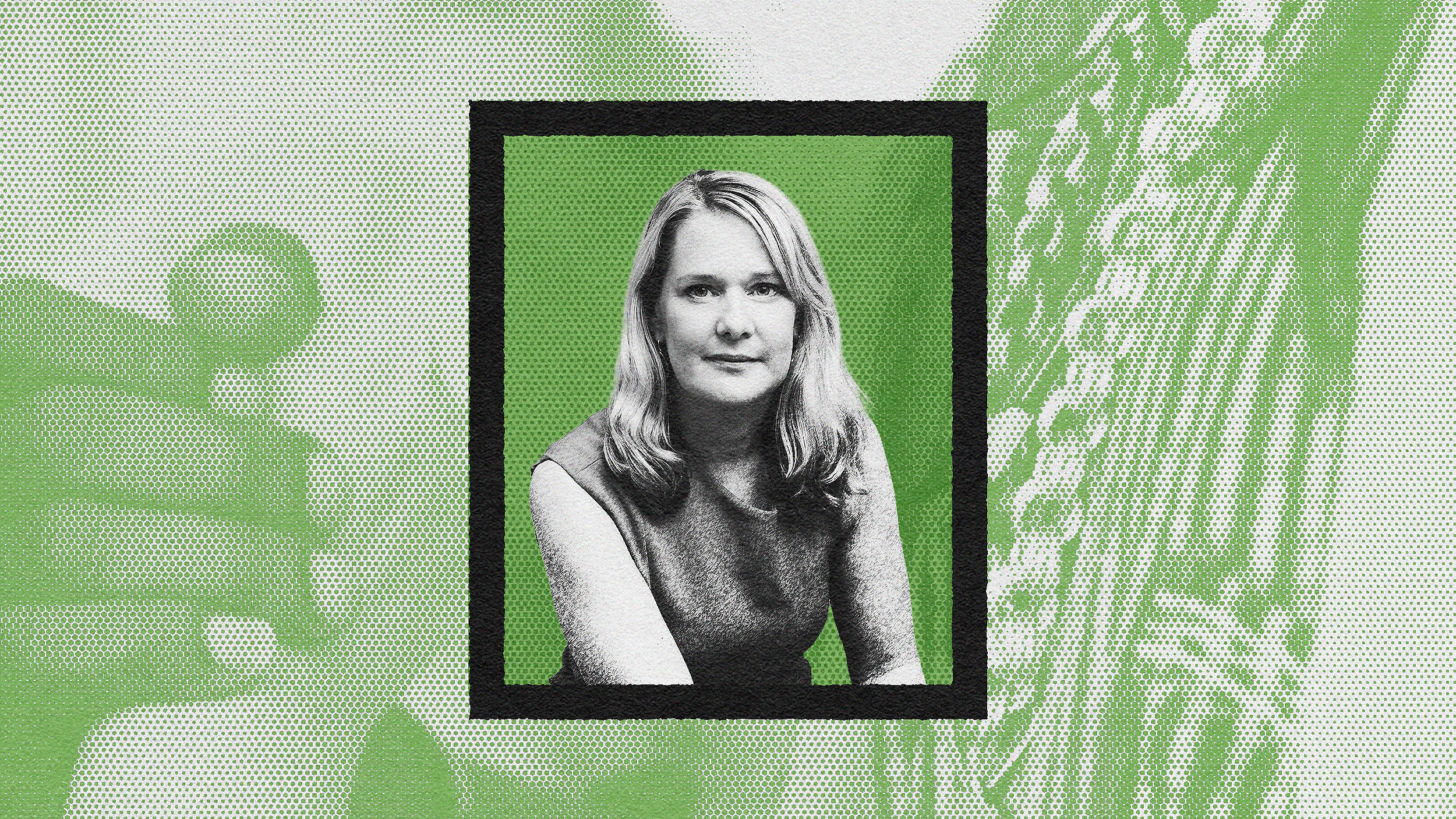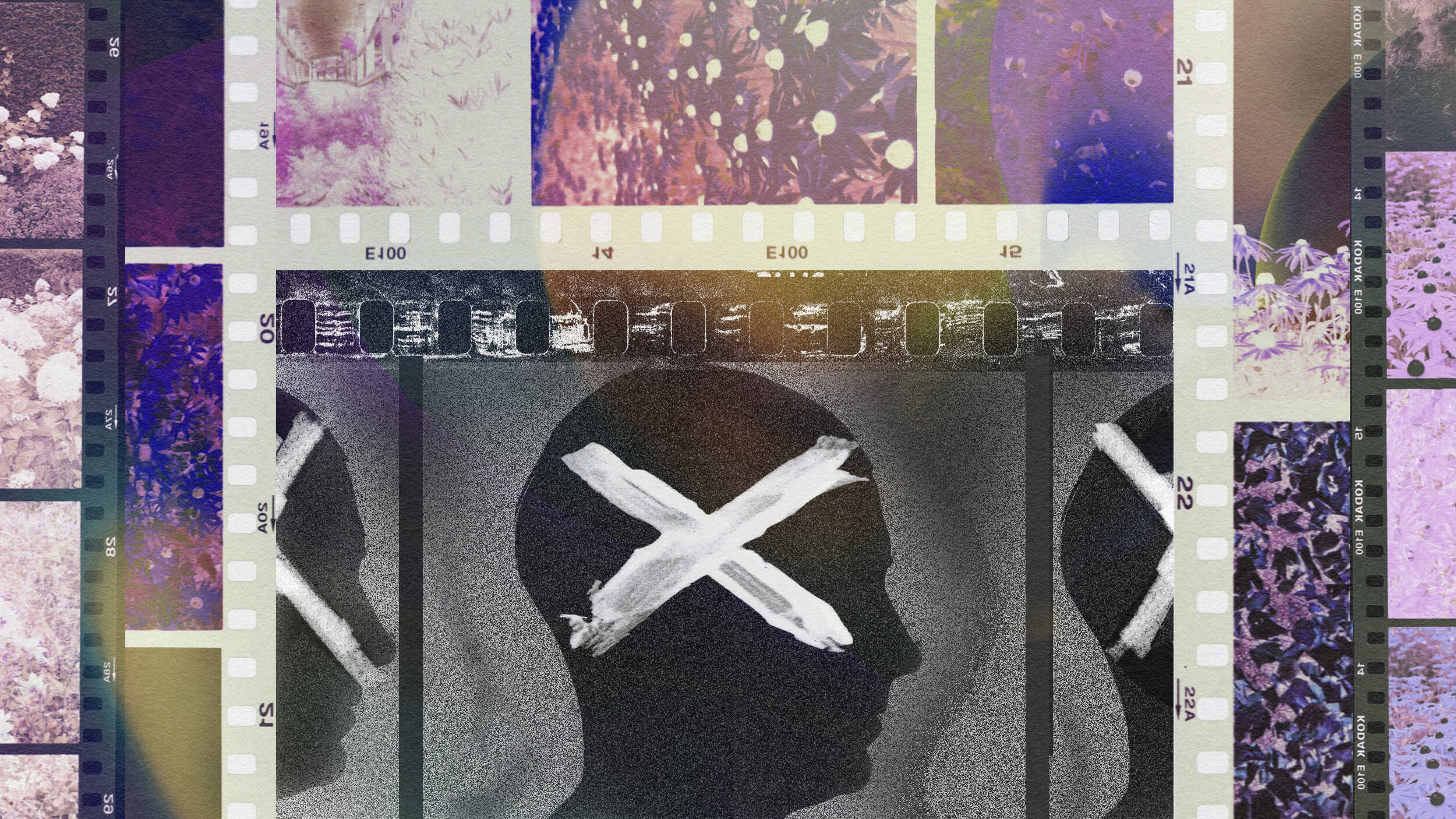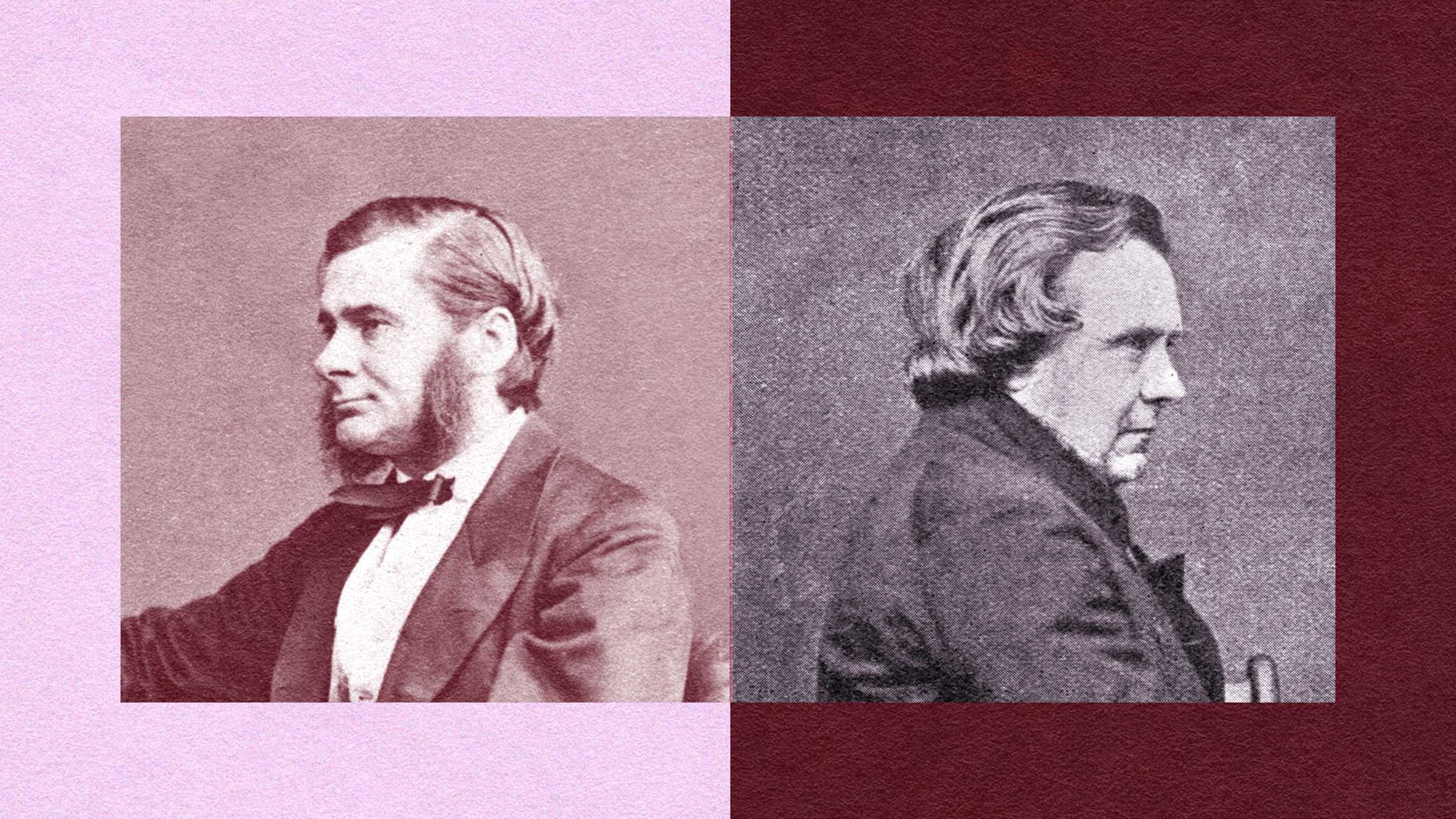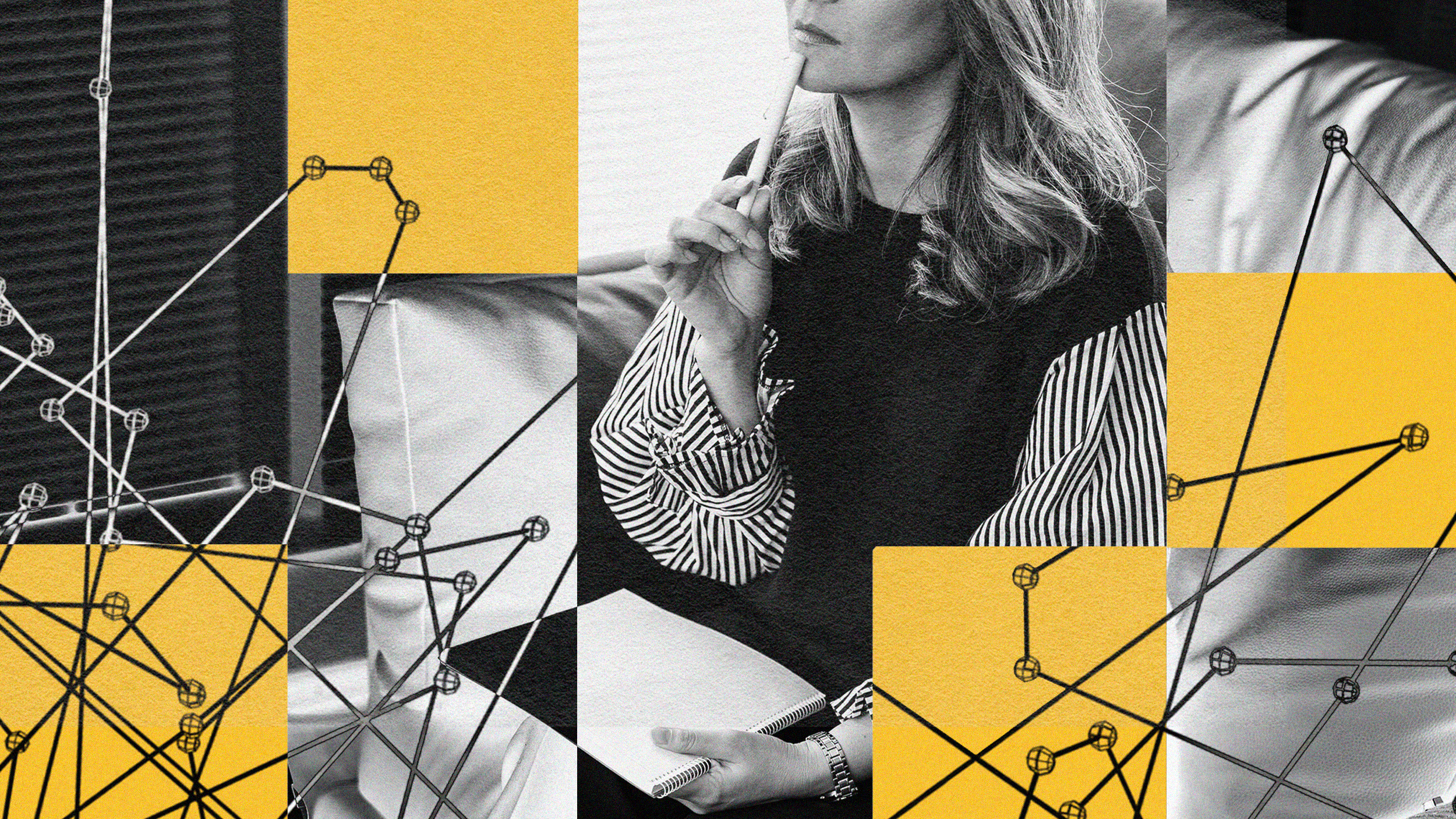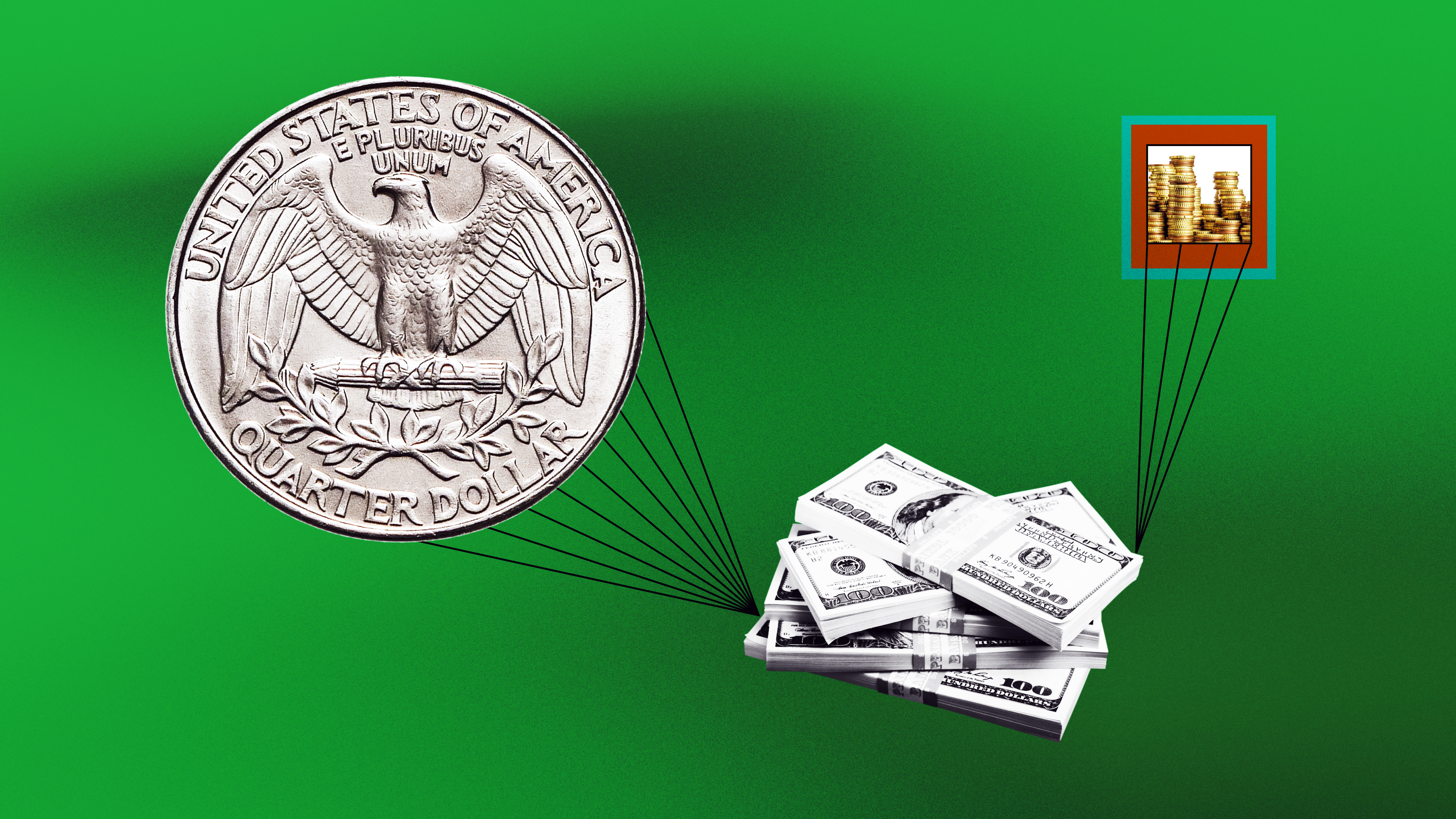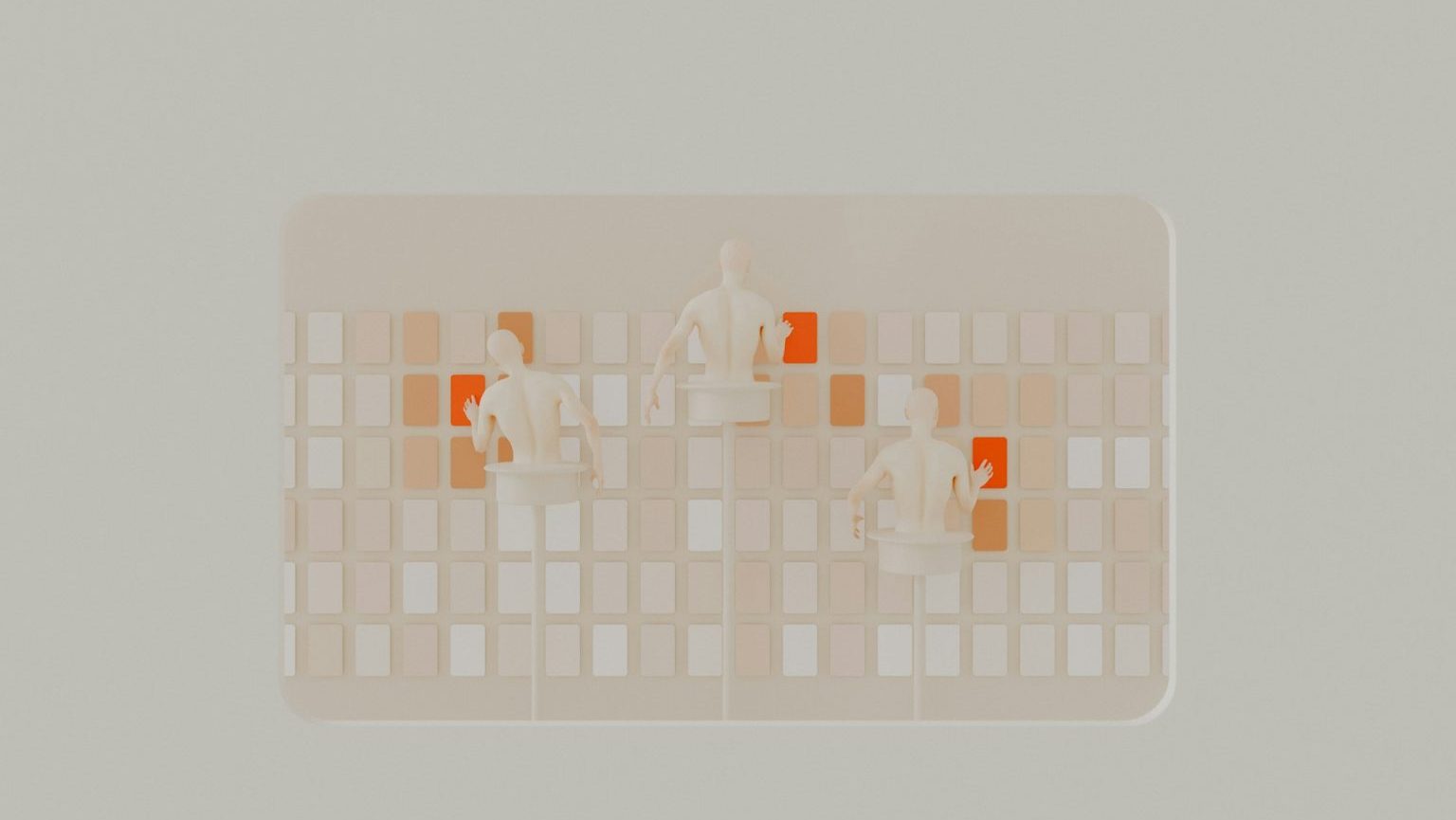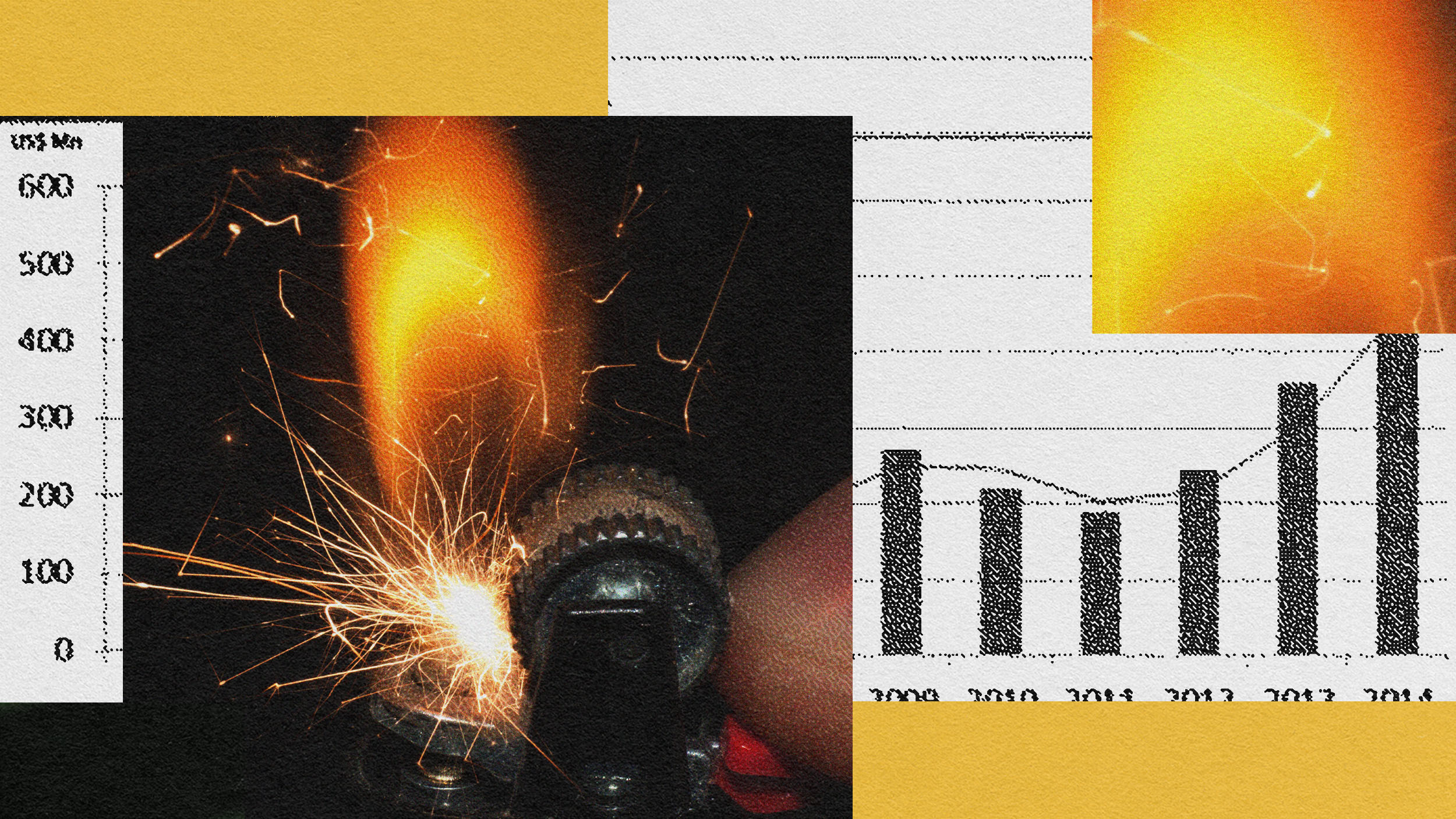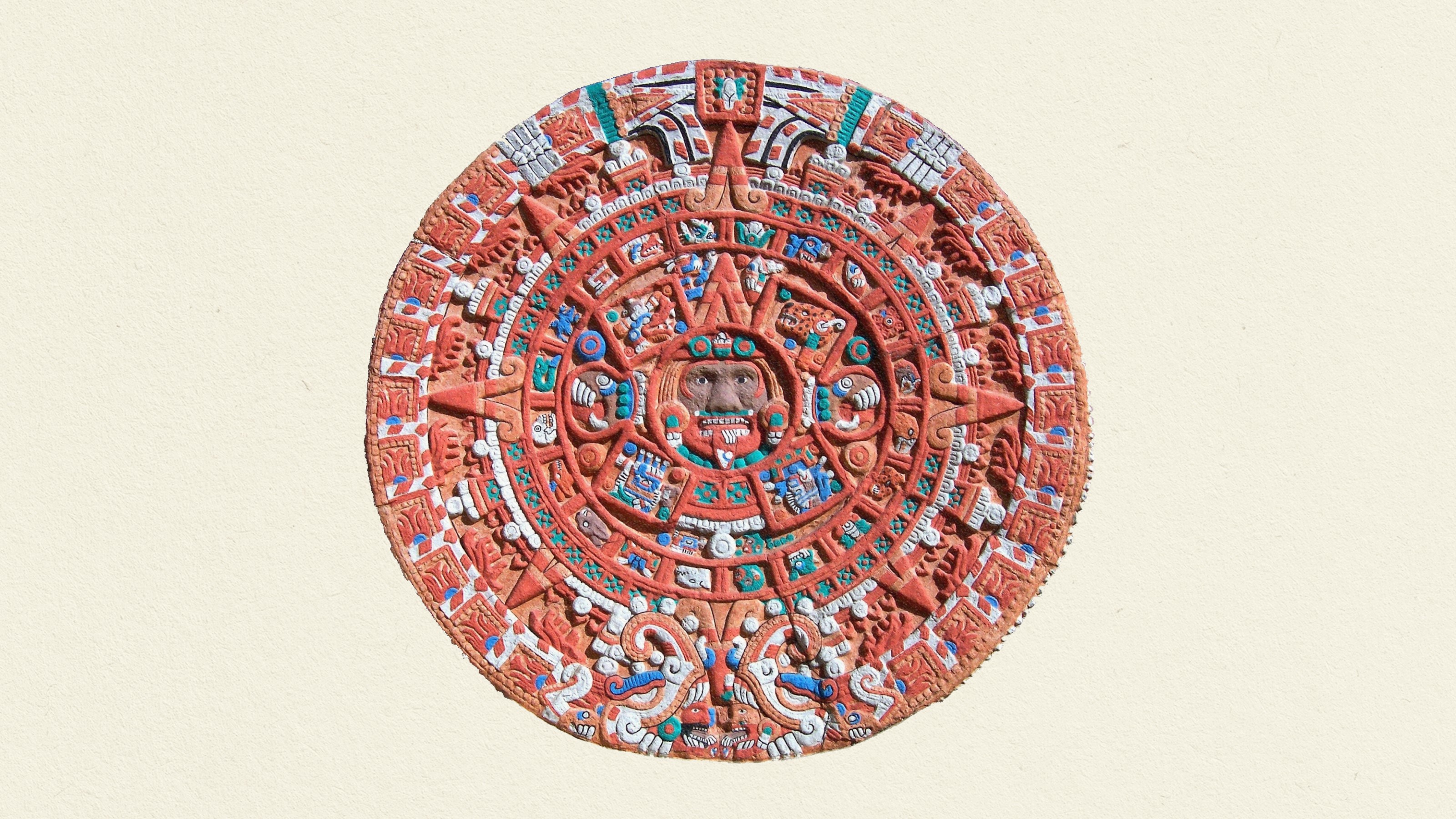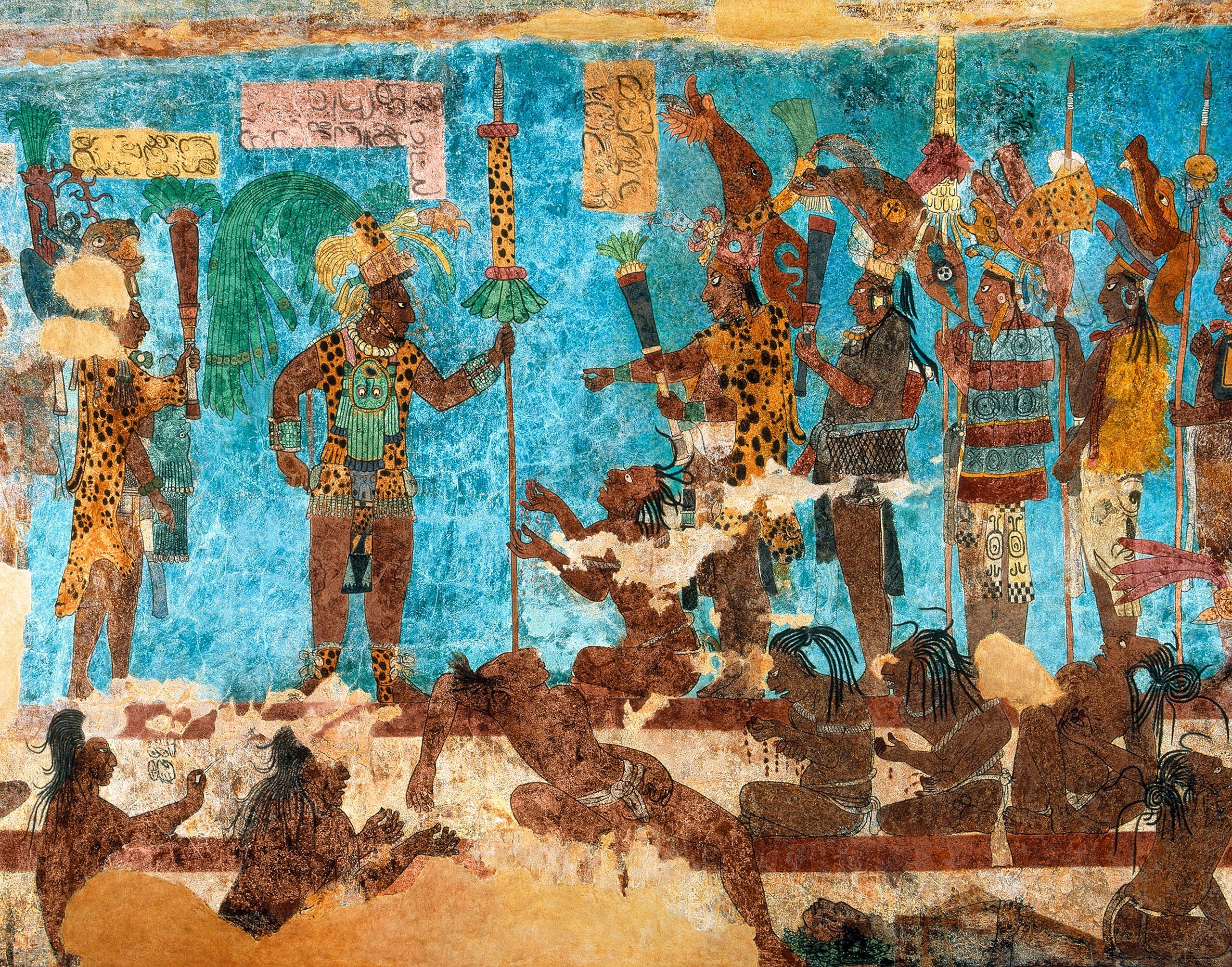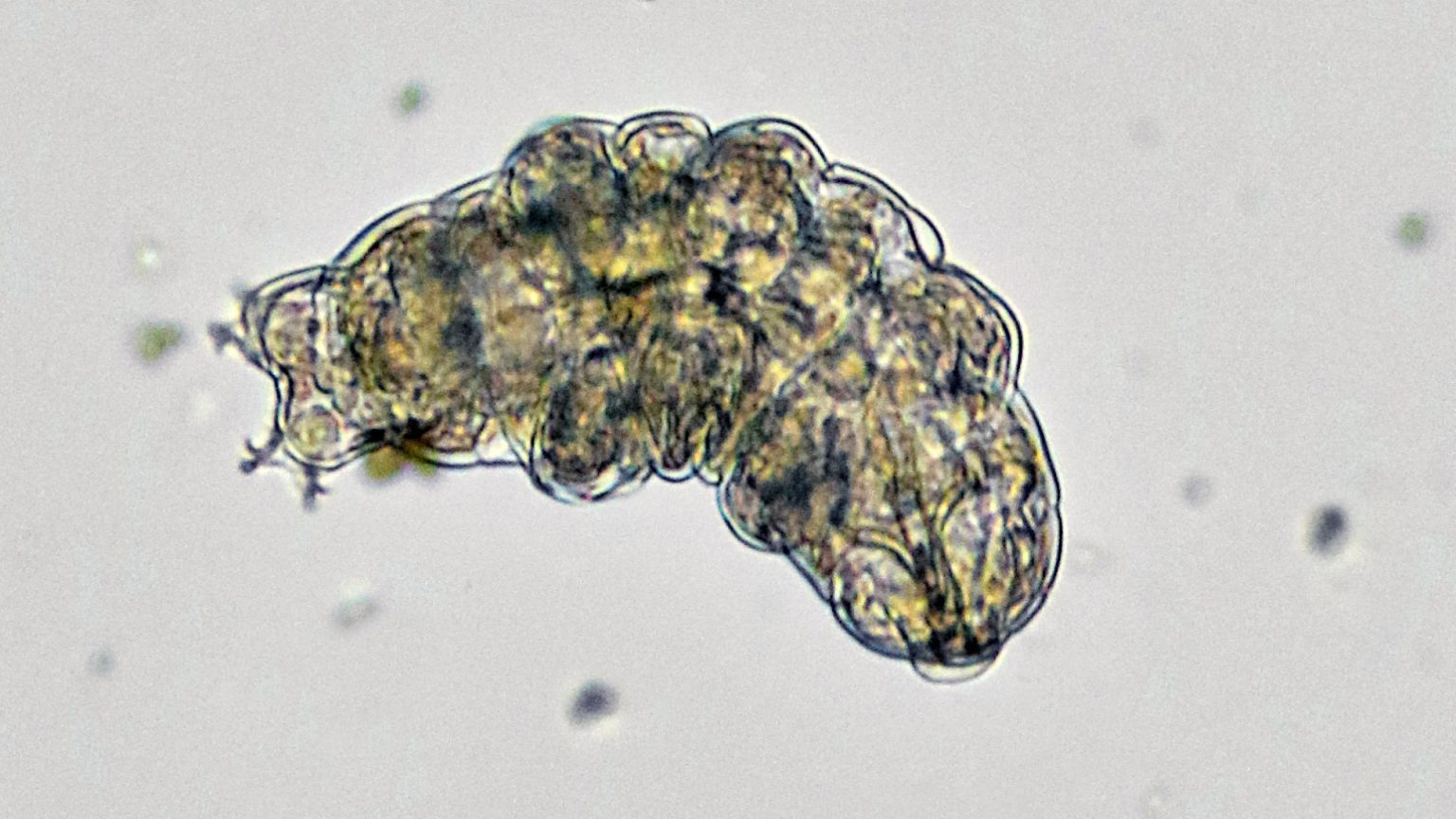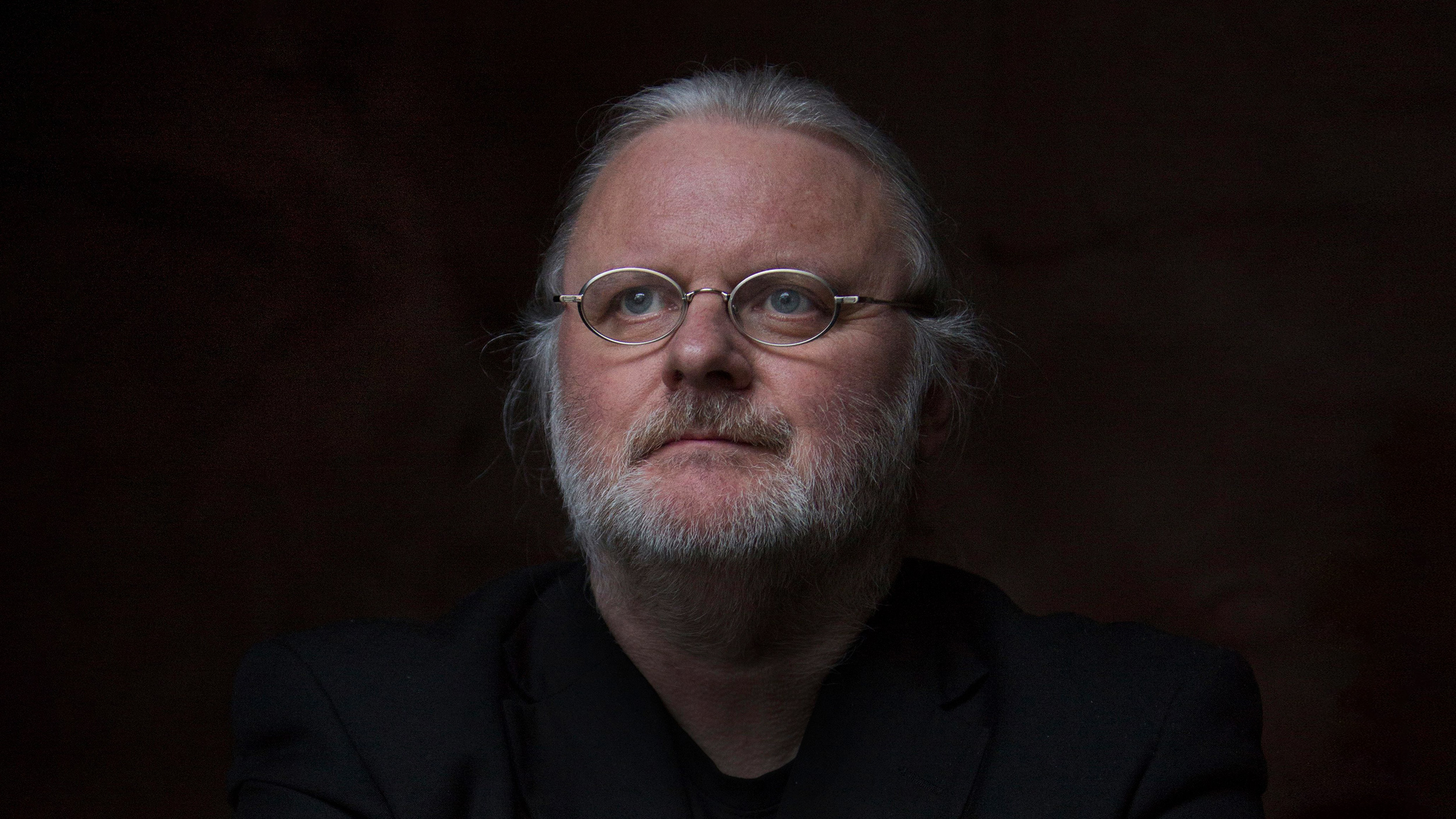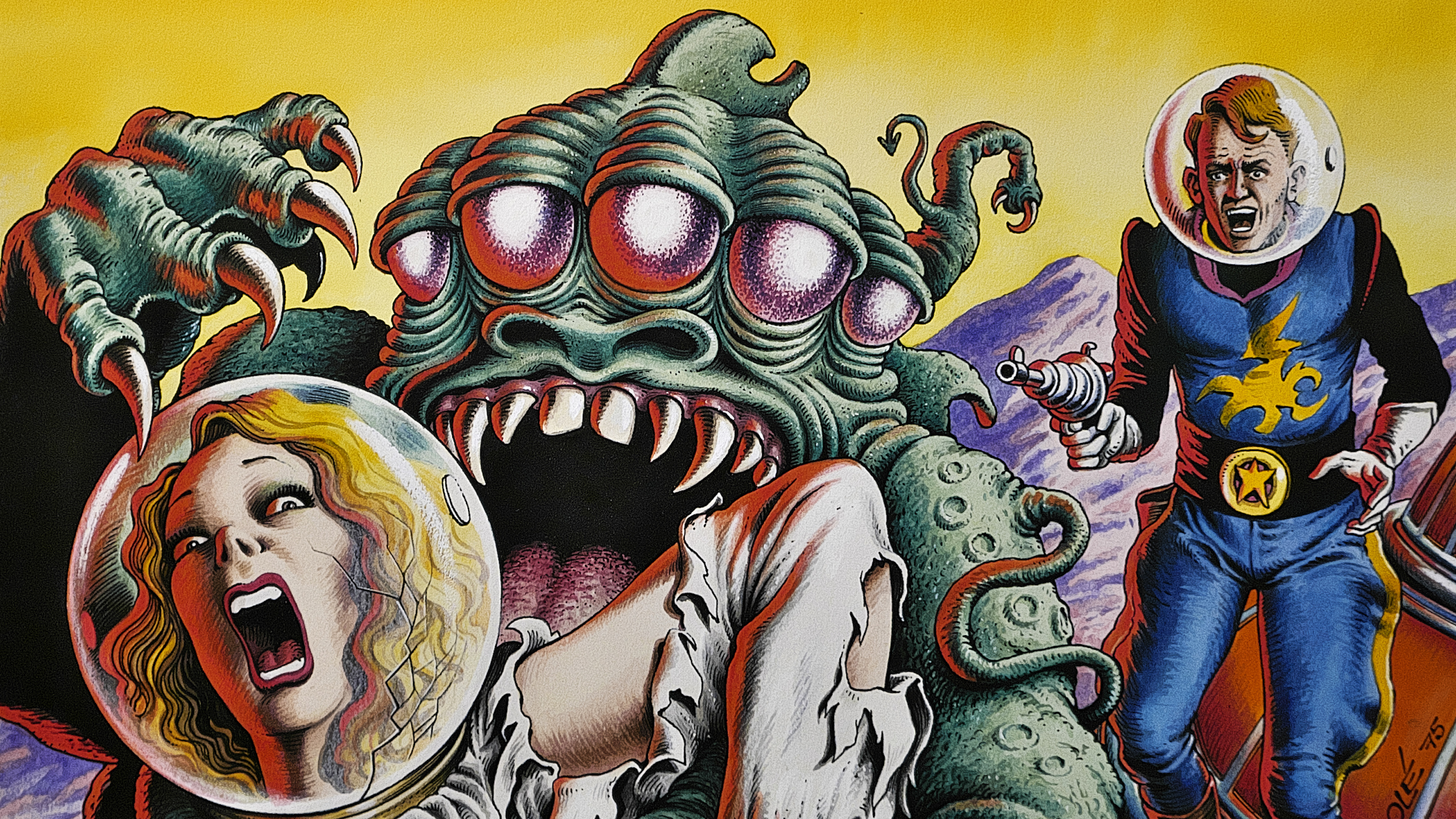By the end, even his mom wanted him gone.
Search Results
You searched for: one day
“Burke’s the butcher, Hare’s the thief, and Knox the man who buys the beef.” Read the story of 19th-century Scotland’s corpse dealers.
Volcanologists warn that magma-filled vents evolve over time, leading to an underestimation of the number that might erupt — especially those capable of the biggest explosions
We will believe in AGI when it calls on Facetime.
The founder of GenZ Publishing joins Big Think from the infinitely unfurling confluence of print and digital.
“Isn’t it enough to see that a garden is beautiful without having to believe that there are fairies at the bottom of it too?”
“I think it’s about time we stop allowing every male generation bang their frontal lobe through its most developmental stages.”
Twin Health lets patients with diabetes see what’s happening inside their own body and can model each patient’s unique metabolism.
In the early stages of our Solar System, there were three life-friendly planets: Venus, Earth, and Mars. Only Earth thrived. Here’s why.
On the morning of April 20, 1961, all conditions were “go” for an attempt at free flight. A man was on standby with a fire extinguisher. Just in case.
Welcome to The Nightcrawler — a weekly newsletter from Eric Markowitz covering tech, innovation, and long-term thinking.
Sam Smith — founder and former CEO of finnCap Group — argues that a culture of empathy will help superscale any business.
“No matter how long you’ve been doing a job or how good people say you are, you need to care as if you’ve never done it before.”
The true story of the shot that “reverberated through England” when science collided head-on with religion.
The rhetorical fallout is greater than the radioactive fallout.
Too many leaders create an imbalance between thinking and doing — but a clear vision can be sharpened through deep reflection.
The award-winning nature writer, Robert Macfarlane, talks with Big Think about how to reacquaint ourselves with the rivers in our lives.
If a person stands little chance of ever being wealthy, perhaps playing the lottery is a rational decision.
Acclaimed writer Mauro Javier Cárdenas used AI in his latest work to surprising effect.
As we pursue the leadership difference we seek, we attract fuel and generate heat. The trick is to avoid burnout.
Yondr CEO Graham Dugoni unpacks the technological zeitgeist in this exclusive Big Think interview covering media ecology, leadership, AI, human connection, and much more.
Tikal, one of the biggest cities the Maya ever built, was home to a vast and flourishing society.
Tardigrades can completely dehydrate and later rehydrate themselves, a survival trick that scientists are harnessing to preserve medicines in hot temperatures.
In ancient Rome, collective bathing was the norm. In the West today, it’s the exception — and that’s too bad.
Pleasure, virtue, and doubt are necessary, but each is insufficient on its own.
A company can only be as agile as its least flexible team — here’s how to make an effective framework for decision-making.
In partisan political times, recognizing the scientific truth is more important than ever. Scientists must be vocal and clear about reality.
The world’s “most produced living playwright” wins out over other contestants, including Salman Rushdie and Margaret Atwood.
A true scientific view of if, where, and when extraterrestrial life exists is within our grasp thanks to biosignatures and technosignatures.

